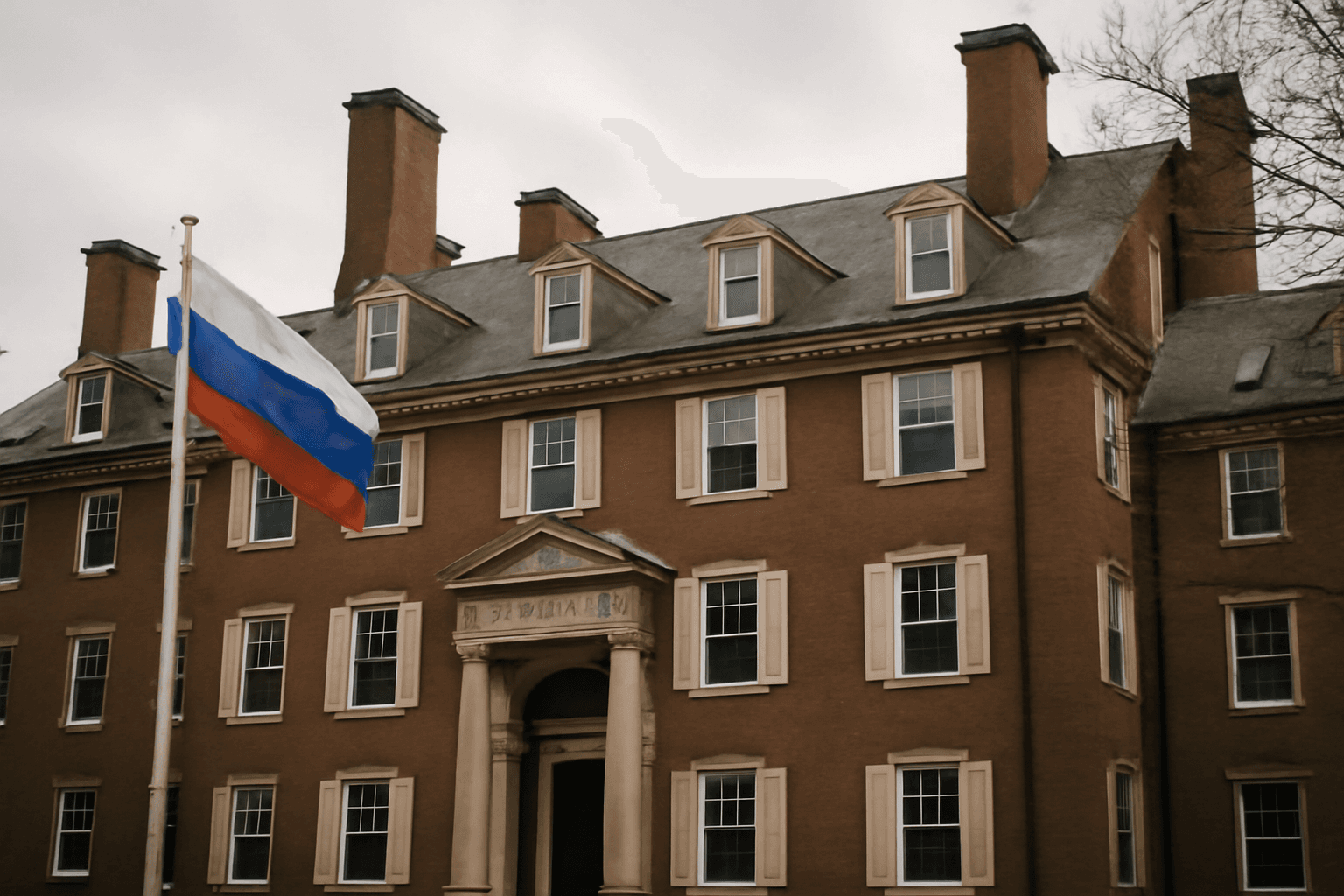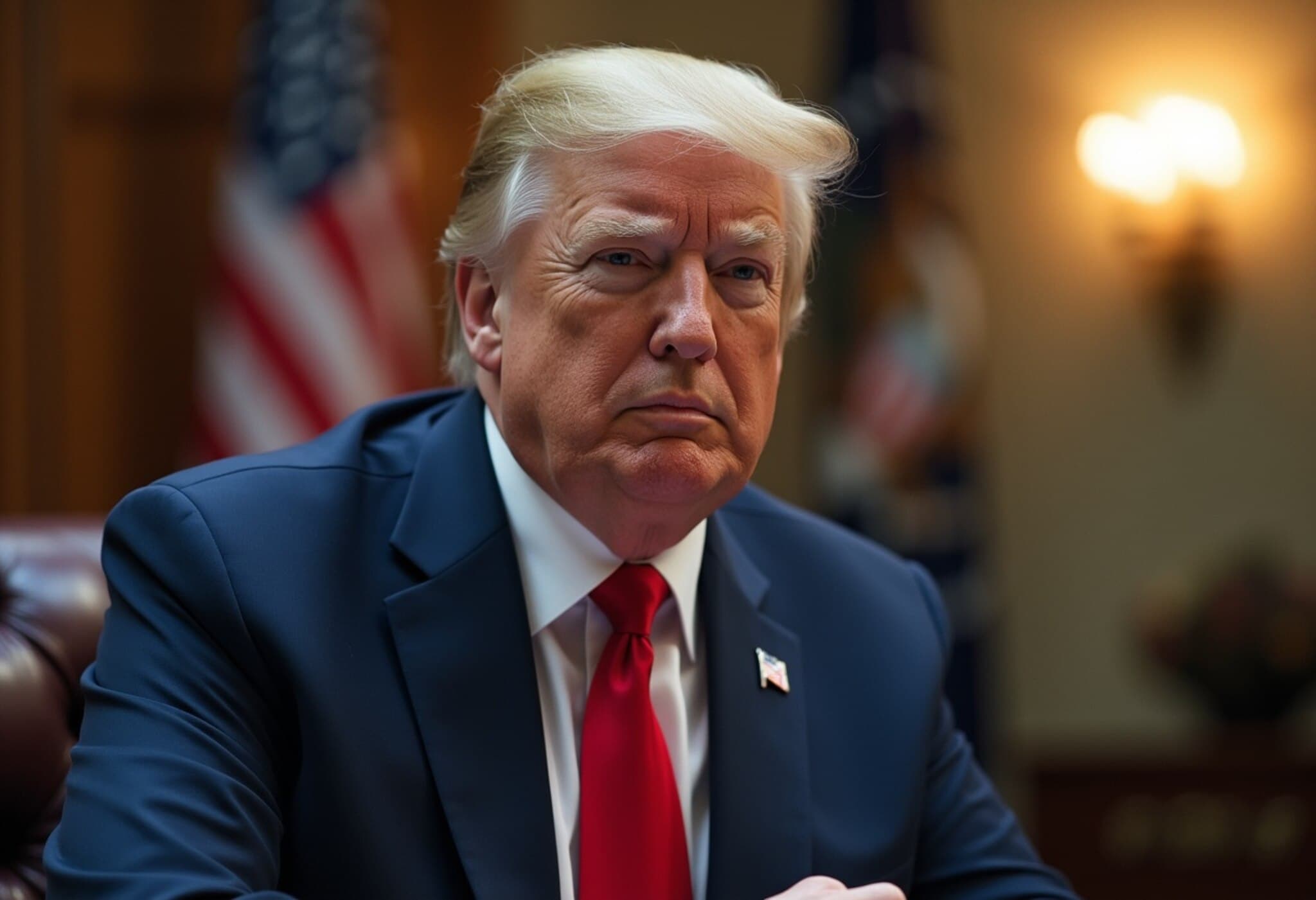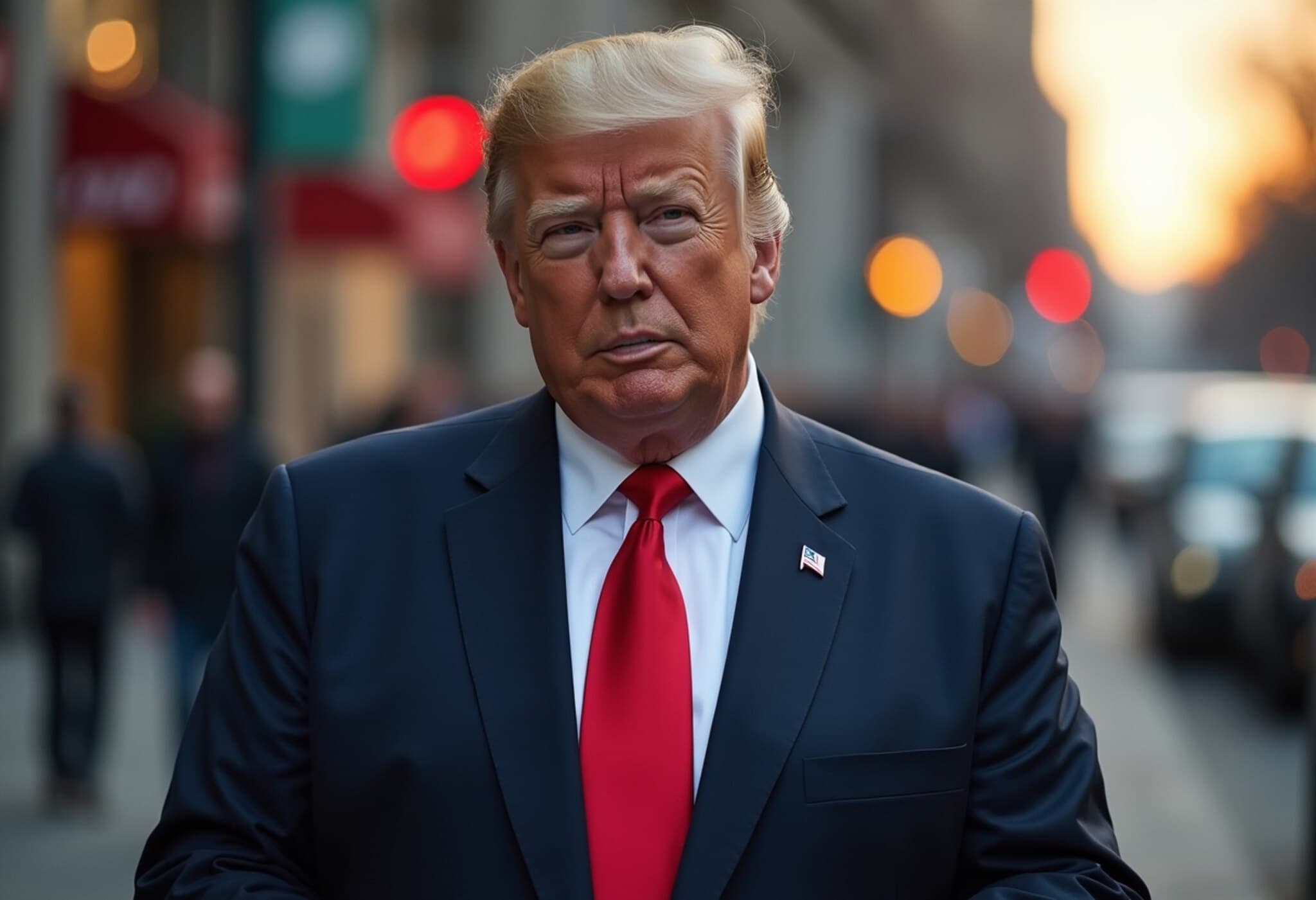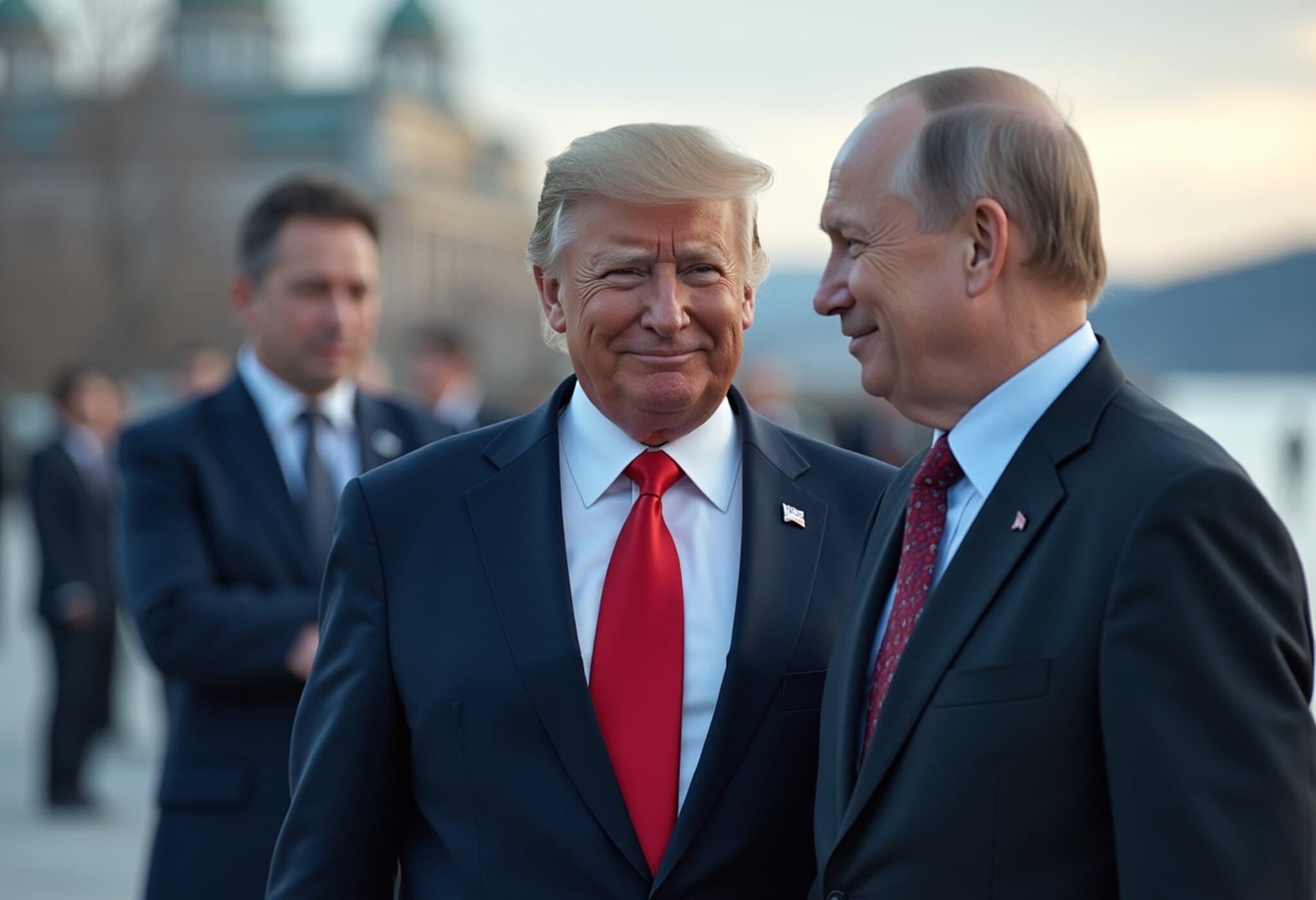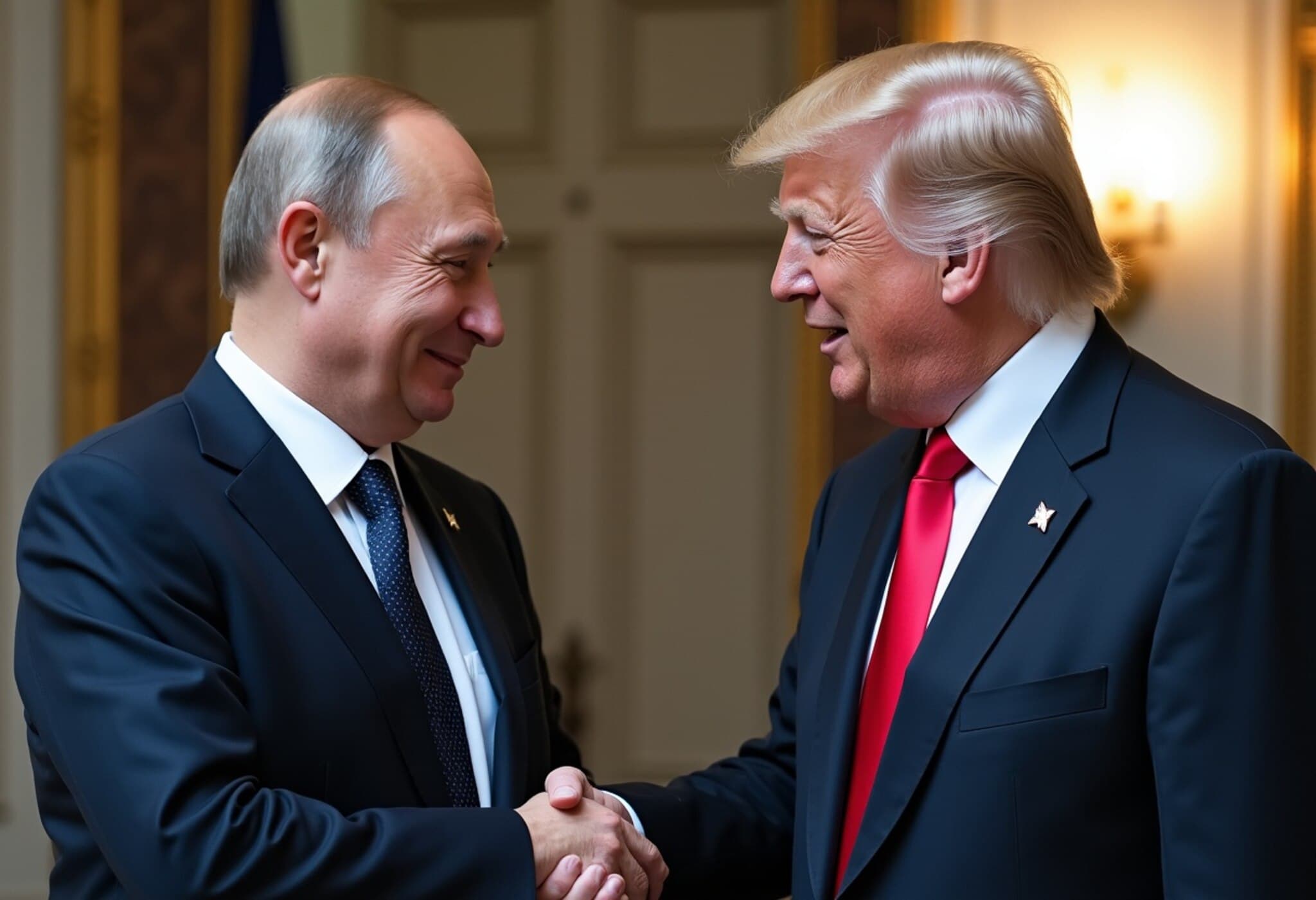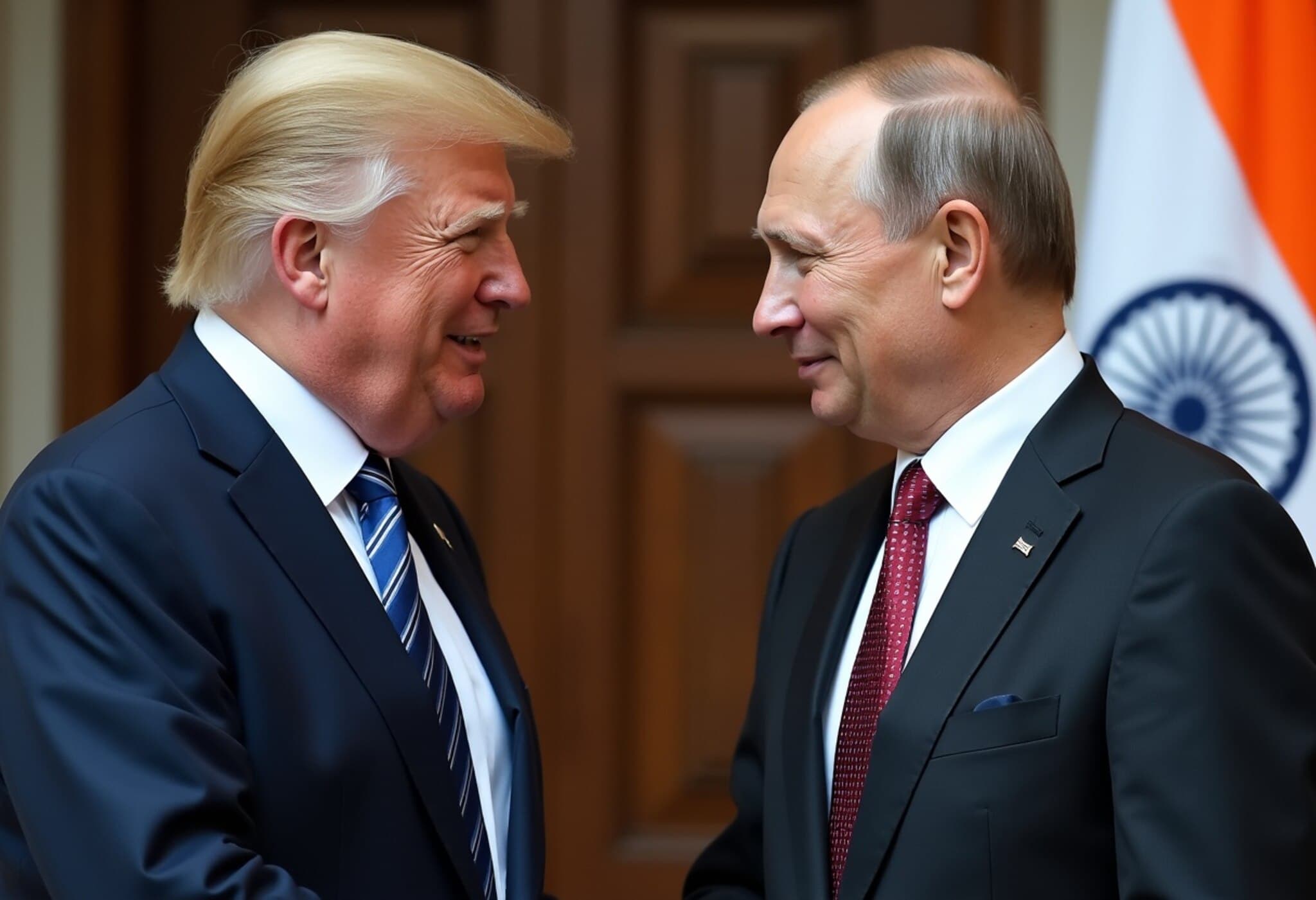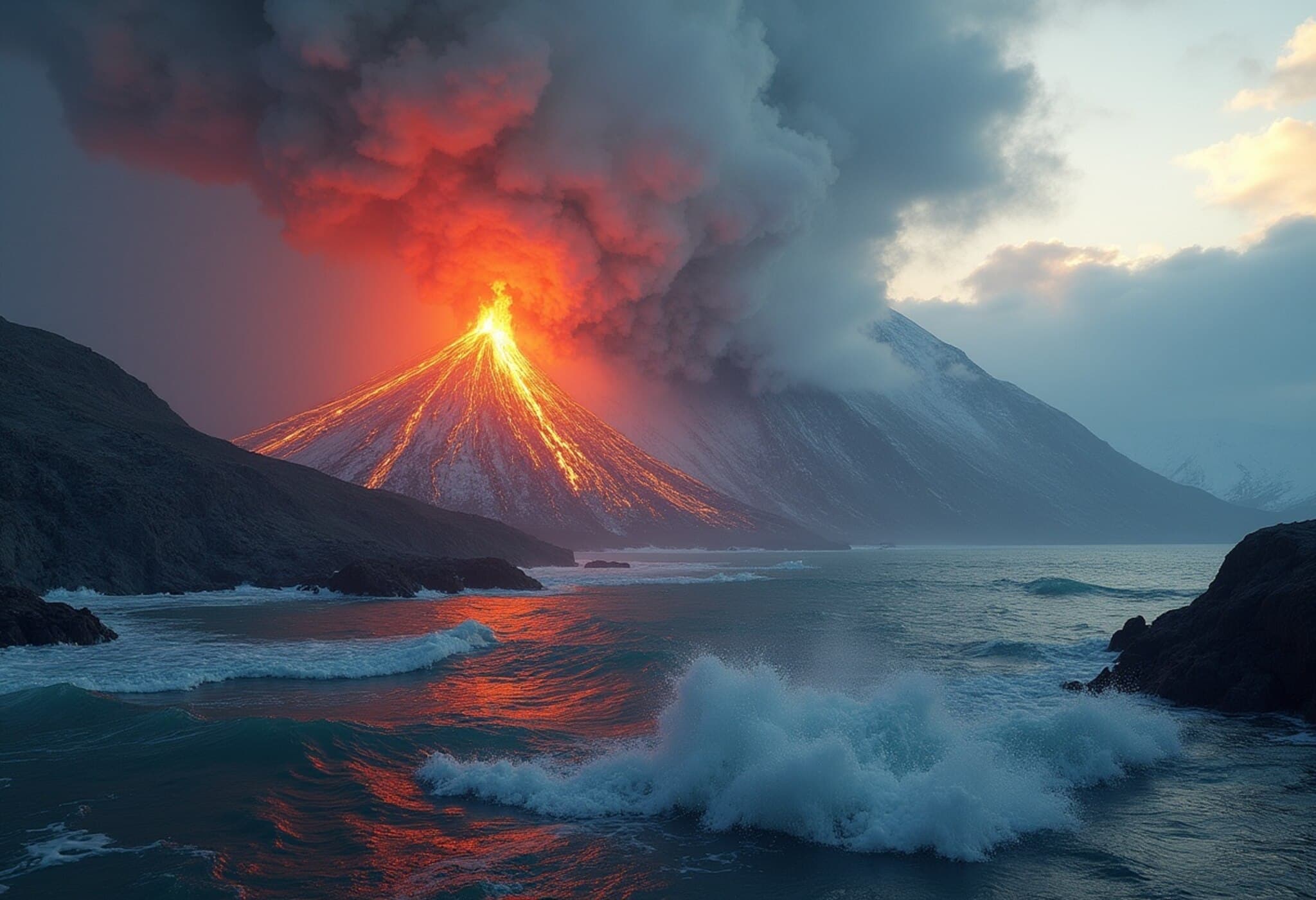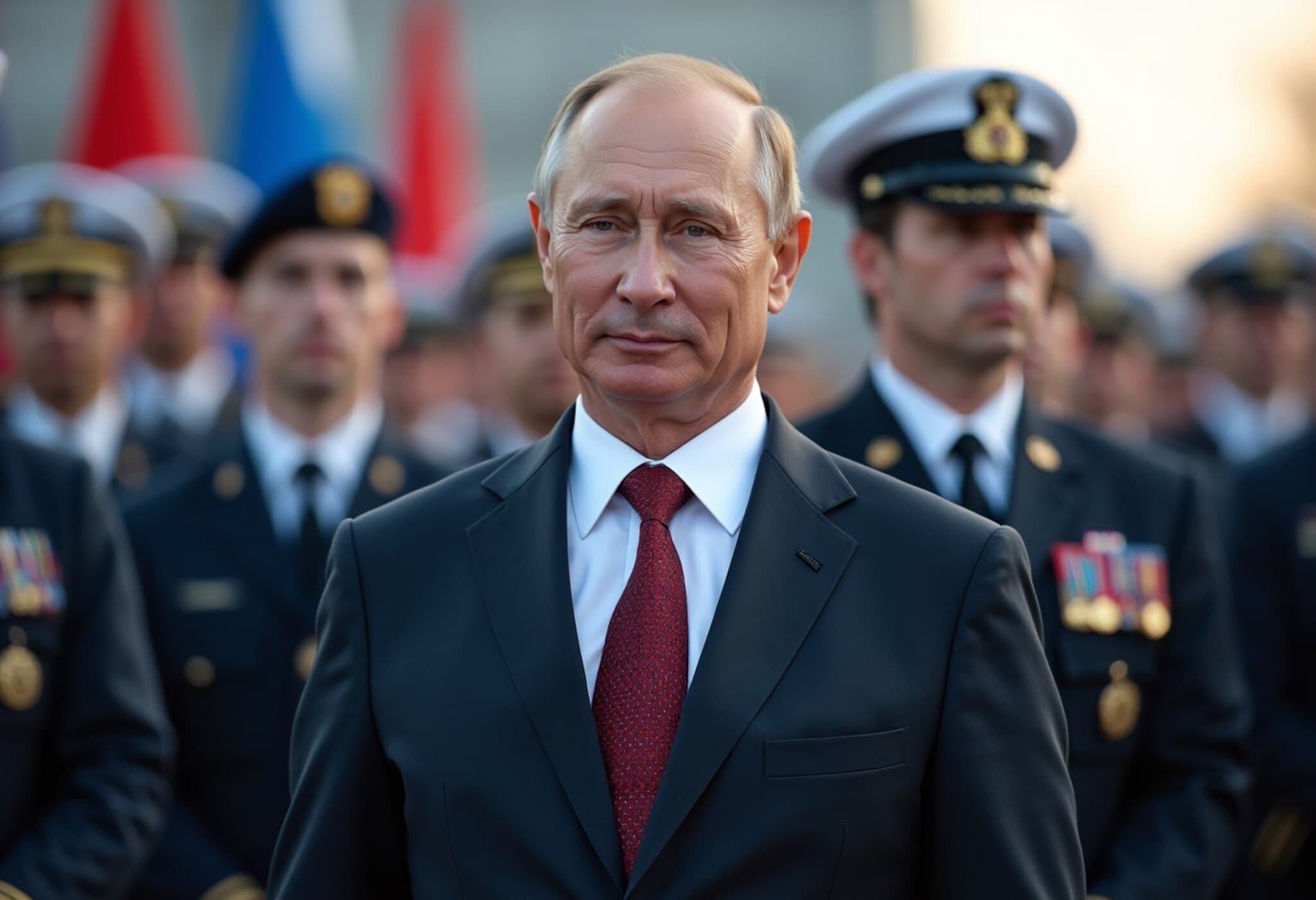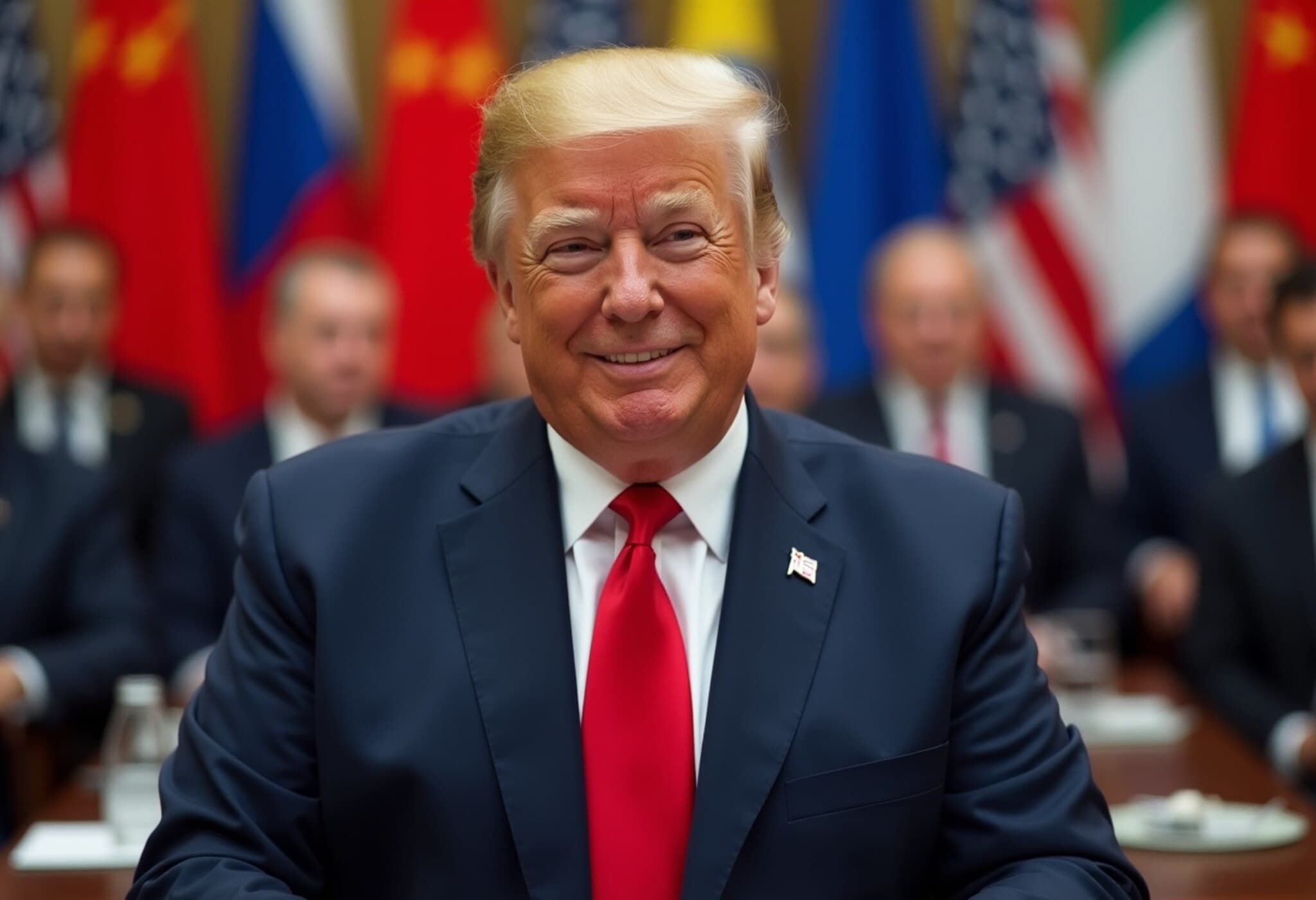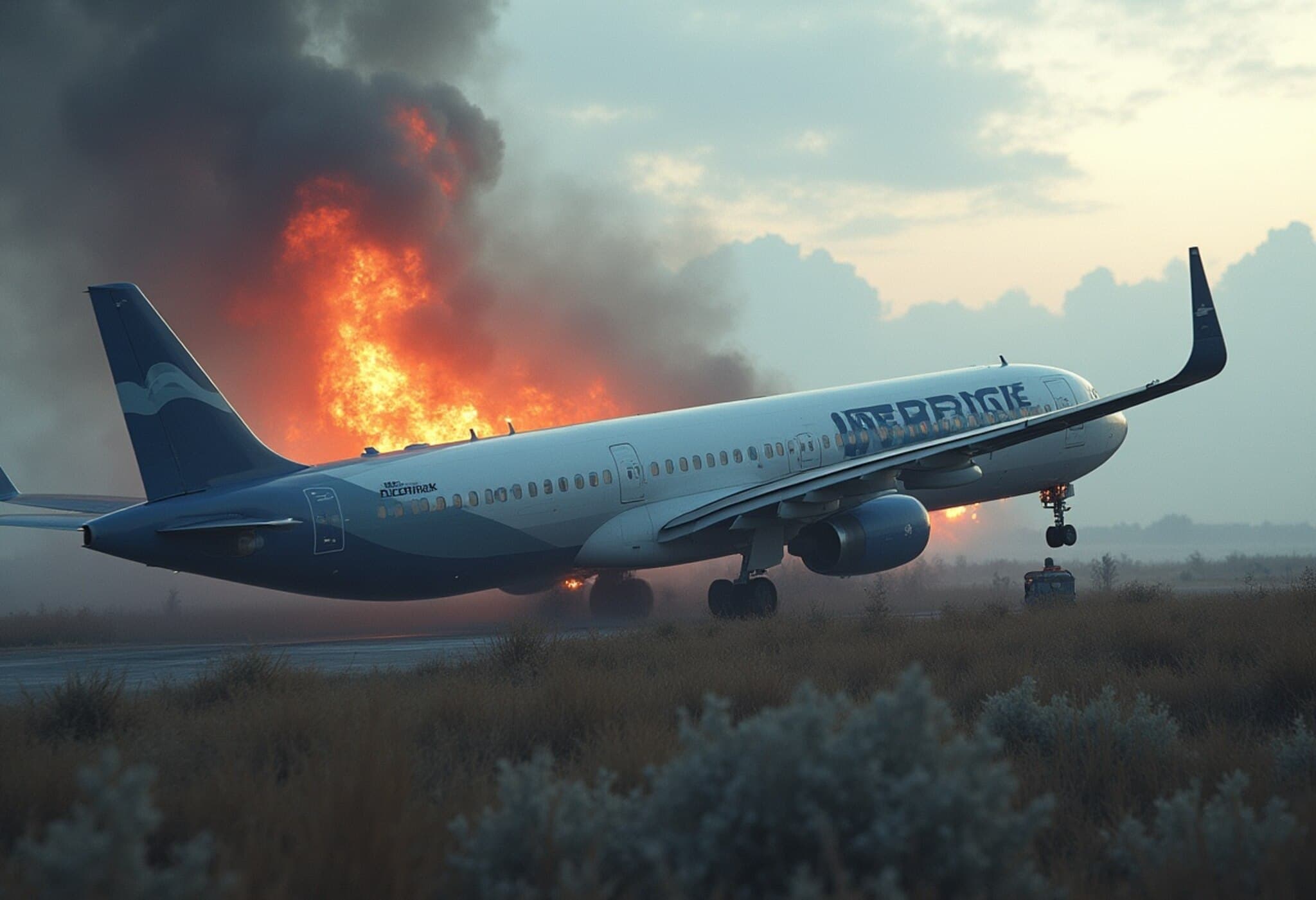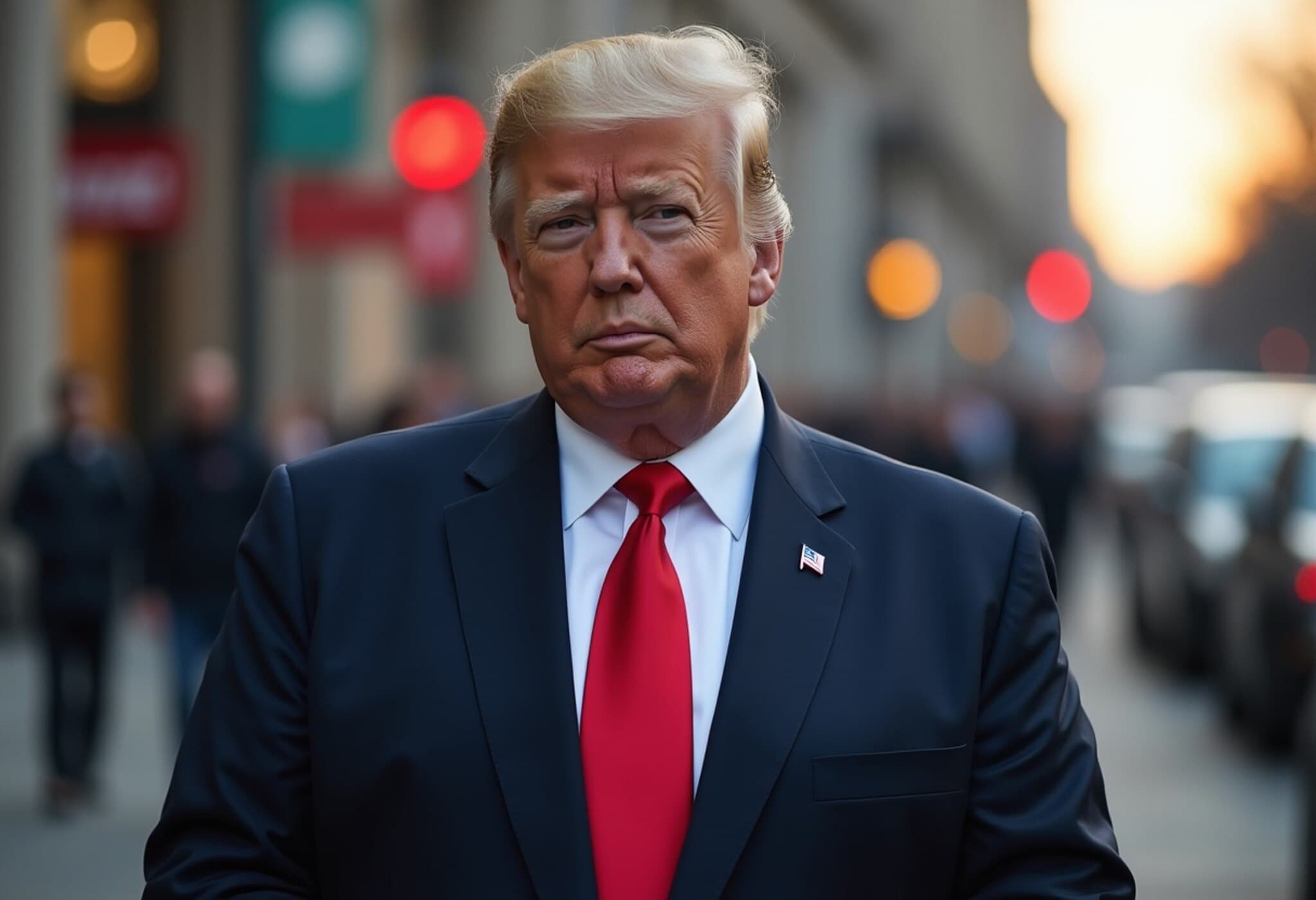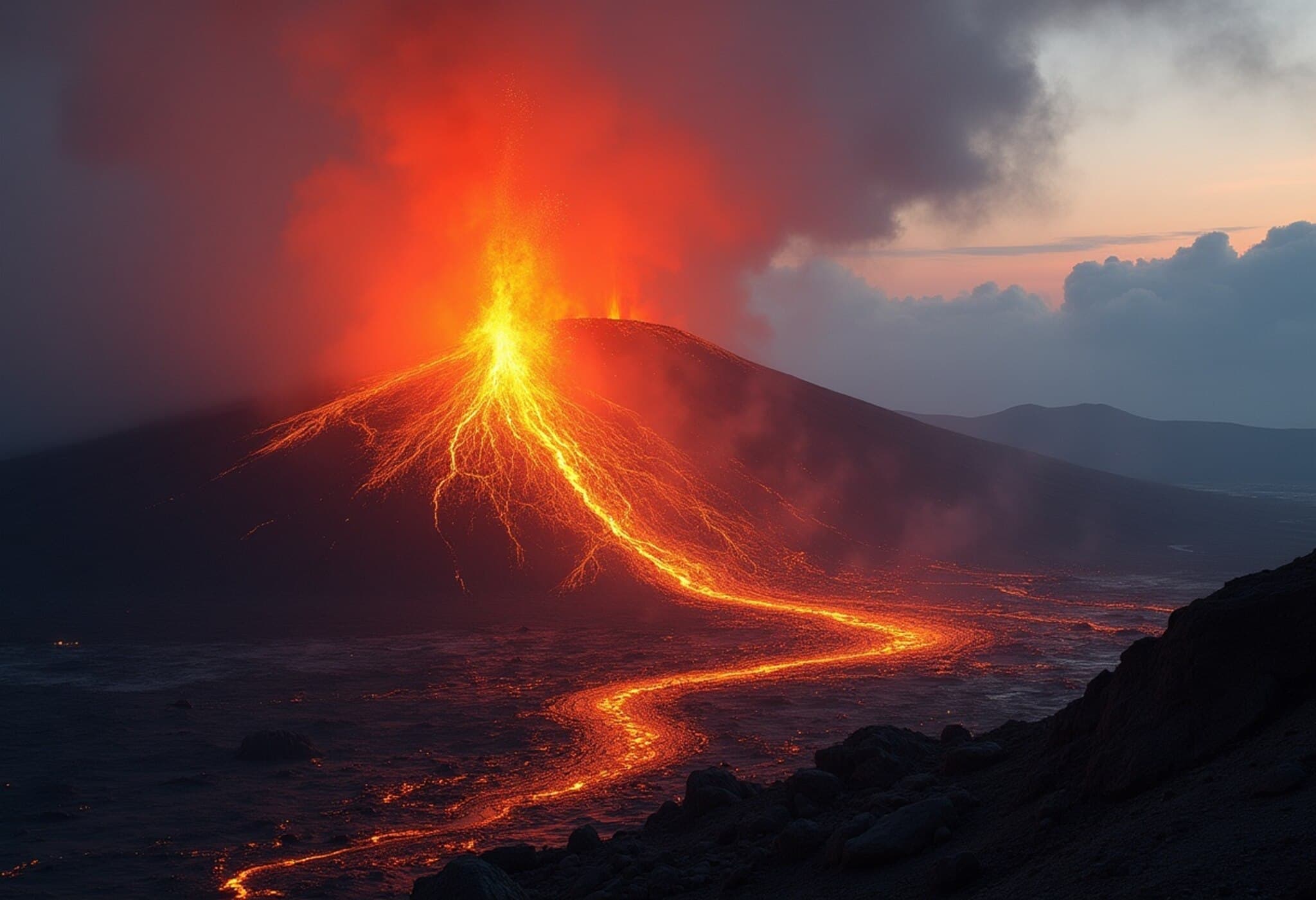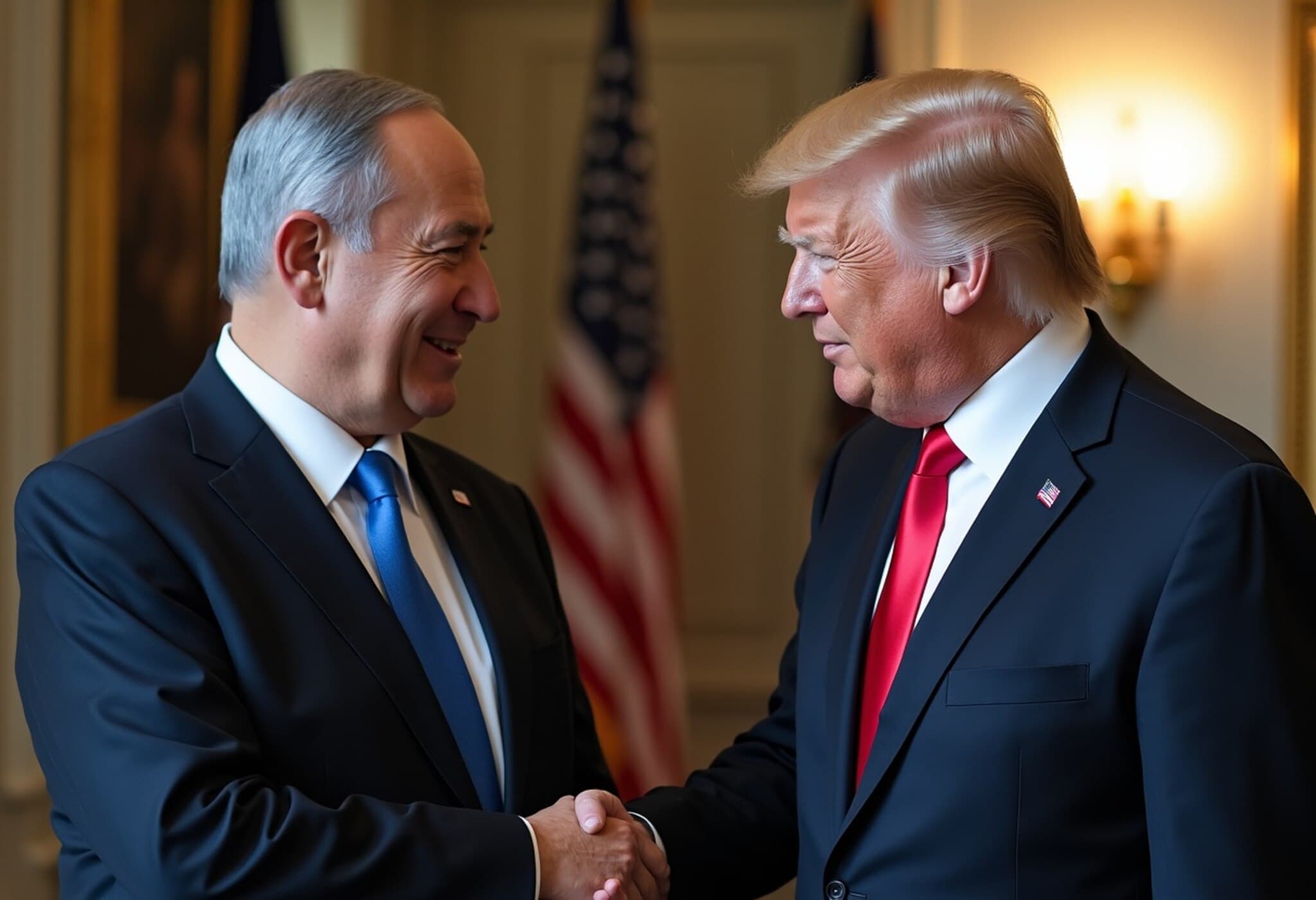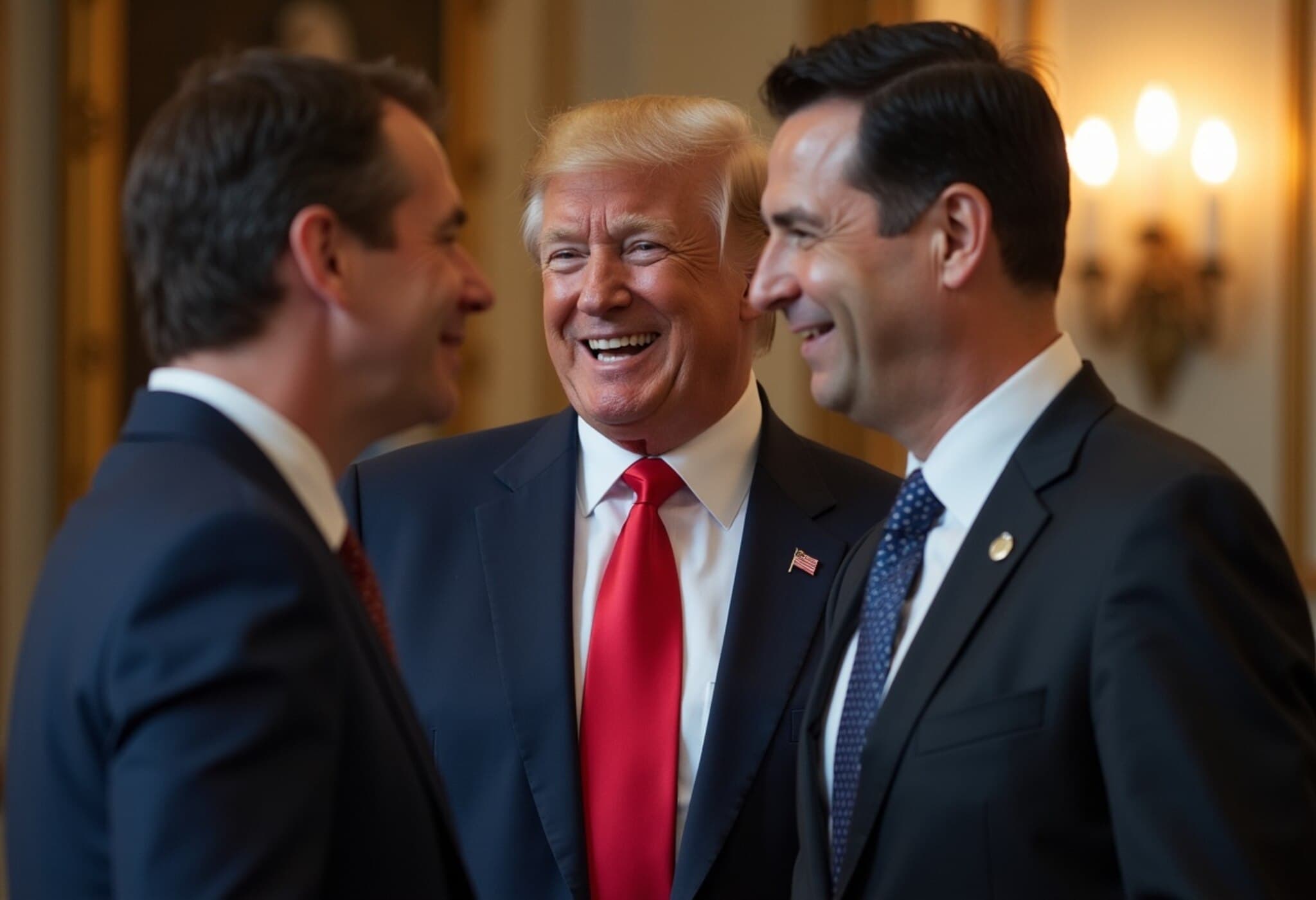Russia Declares Yale University an "Undesirable Organization" Amid Geopolitical Tensions
In a striking escalation of tensions between Russia and Western institutions, Russian authorities have officially blacklisted Yale University, labeling it an "undesirable organization." This move not only bars Yale from operating within Russian territory but also threatens individuals associated with the institution with potential criminal prosecution.
The Kremlin’s Accusations: Training Anti-Kremlin Activists and Undermining Sovereignty
According to statements released by the Russian Prosecutor General’s Office, Yale University is accused of activities that allegedly jeopardize Russia's territorial integrity and contribute to socio-political destabilization. Specifically, Moscow claims that Yale has been involved in training individuals linked to Alexei Navalny, the prominent Russian opposition figure whose anti-corruption work has drawn intense Kremlin scrutiny.
Authorities assert that Yale offers scholarships and training opportunities to foreign “opposition leaders,” including associates of Navalny’s banned Anti-Corruption Foundation. Russian officials argue that these alumni apply their Yale-acquired expertise to fuel protest movements within Russia, effectively challenging state authority.
Geopolitical Backdrop: Frozen Assets and Support for Ukraine
Beyond accusations of political agitation, Russia alleges that Yale supports legal initiatives aimed at legitimizing the seizure of Russian assets frozen abroad. Moscow contends that these legal measures are designed to divert those funds in support of Ukraine's military efforts amid the ongoing conflict—a claim that deepens the schism between Russia and Western institutions involved in international policy and law.
Understanding the Broader Impact: Education, Activism, and Geopolitics
While the ban against Yale is framed by the Kremlin as a protective measure for national security, experts caution that it symbolizes the growing entanglement of educational institutions within geopolitical rivalries. Historically, universities such as Yale have played critical roles in fostering exchange programs and supporting democratic movements globally.
Professor Elena Karamova, a political analyst specializing in Russian-U.S. relations, observes:
"This designation is less about Yale’s academic activities and more about Moscow’s broader effort to suppress dissent and control narratives linked to prominent opposition leaders like Navalny. It reflects an increasingly adversarial stance towards Western institutions perceived as breeding grounds for political activism against the Kremlin."
The Legal and Practical Consequences for Yale and Affiliates
- Operational Ban: Yale is barred from conducting any formal activities within Russia, restricting academic partnerships and cultural exchange.
- Criminal Liability: Russian citizens or entities collaborating with Yale could face prosecution, dissuading Russian students and scholars from engagement.
- Symbolic Gesture: The move serves as a warning to other foreign institutions involved in Russia’s socio-political sphere.
Underreported Narratives and Questions Ahead
Though widely covered in mainstream media, the intricacies of Yale’s role in regional activism and the specific mechanisms through which the university allegedly supports opposition networks remain murky. Key questions linger:
- What safeguards do institutions like Yale have for protecting academic freedom amid geopolitical pressure?
- How will this affect Russian students seeking education abroad or returning scholars with ties to Yale?
- Could this signal a new wave of restrictions targeting Western educational institutions in Russia, further isolating the country academically?
Looking Forward: Education and Diplomacy in a Fractured World
The blacklisting of Yale University underscores an unsettling trend where academic and cultural engagements become pawns in broader geopolitical conflicts. For policymakers and educators alike, addressing these challenges requires a nuanced approach balancing national security interests with the universal values of education and open discourse.
Editor’s Note
This episode more than just a diplomatic spat—it reflects the tightening grip of authoritarian governance on knowledge and dissent. As universities worldwide grapple with political restrictions, the question arises: how can global education networks preserve their mission in an increasingly polarized geopolitical landscape? The outcome will shape not only academic freedoms but also the future of cross-border dialogue and democratic resilience.

